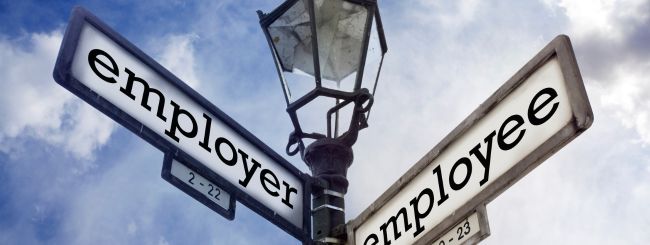The Obligation to protect other people’s belongings
The prohibition of theft
When you come into your neighbor’s vineyard, you may eat grapes at will, until you are satisfied; but you shall put none into your vessel. (Deutr. 23:25)
Example: you can drink coffee from the coffee machine at your employee’s house, taking a thermos for the road home, falls under theft.
Different rules for an employee;
– If you are paid by the hour, you do not do other activities or work that are not related to your paid work. When you are finished, you report it.
– During your working hours, you perform work only for your employer.
– Work resources from your boss, you use for your work.
– You do not take any leftover materials from your employer that you can use.
For the employer, he must pay his employer, if possible, on time what he owes him. If a worker demands his payment and the employer has the money available, but he delays the payment to gain time with his money or to cause distress to the worker, then he is violating the commandment, “Do not say to your neighbor, “‘Go and return and tomorrow I will give,’ although you have it with you.”
By Angelique Sijbolts
Sources: The Divine Code by rabbi Moshe Weiner and Dr. Michael Schulman 4e edition, Aish Article: The Jewish Ethicist: Finders Keepers?
© Copyright, all rights reserved. If you enjoyed this article, we encourage you to distribute it further.
